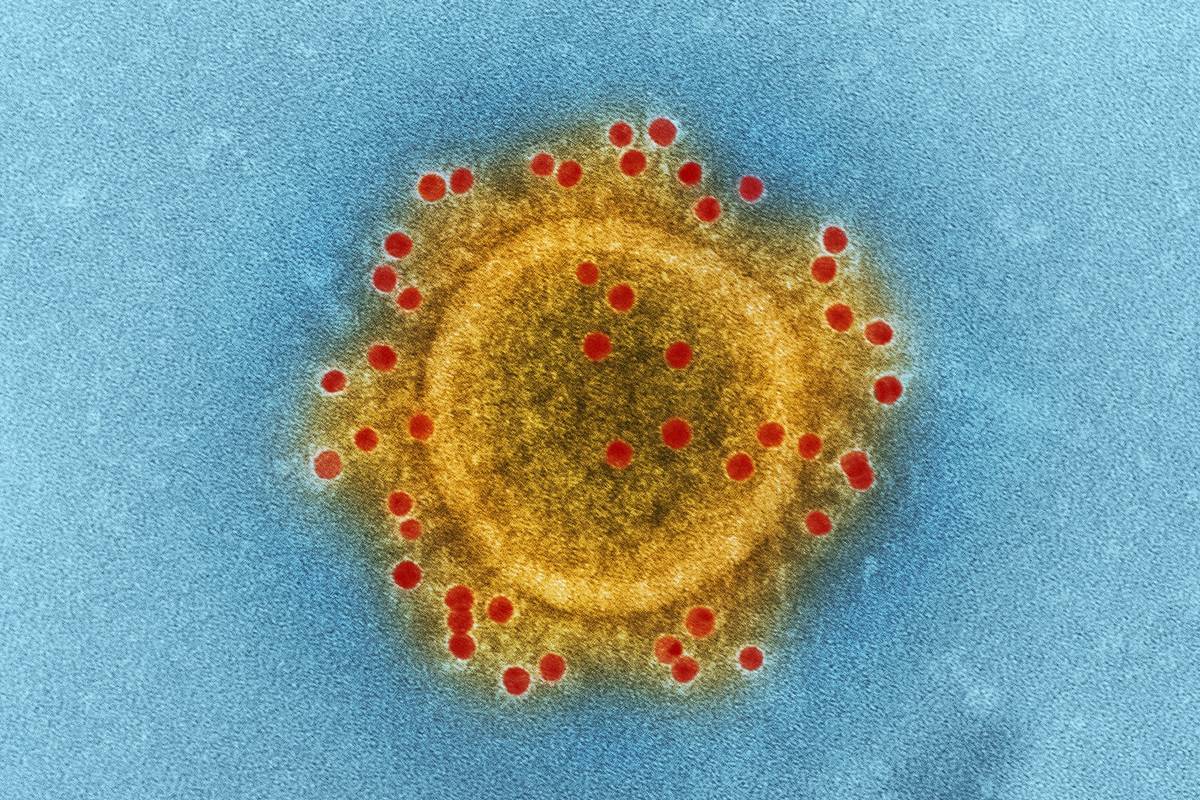Development of an Oral Vaccine using Recombinant Probiotics to Combat the Spreading of COVID-19 Infection
Developing an oral vaccine that triggers long-lasting immunity in people and halts the transmission of SARS-CoV-2

Background
The use of oral vaccines has gained success in treating Poliomyelitis and Rotavirus. The oral vaccine contains live-attenuated polio virus or rotavirus and is in solution which requires refrigeration for storage/ transportation. Notwithstanding the above, immunization via mucosal routes (especially the oral route) receives relatively little attention when compared to systemic immunity. This is likely due to the technical difficulties in selecting an appropriate carrier for delivering the “cargo” into the body in view of the harsh environment along the GI tract. On the other hand, probiotics such as Lactobacillus casei have a unique cell wall which enables them to survive without being degraded by stomach acid and digestive enzymes. In contrast to other available oral vaccines in solution form, probiotics can easily be lyophilized into dry powder and the finished product requires no refrigeration with a longer shelf life. Oral vaccine in this form can be administered by persons with minimal medical knowledge and has the benefit of being distributed around the globe (including the resources-limited developing regions/countries).
Most infectious agents like SARS-CoV-2 enter the body at mucosal surfaces. Therefore, mucosal immune responses function as a first line defense. Whilst protective mucosal immune responses are most effectively induced by mucosal immunization e.g. oral route, a vast majority of vaccines we use today are administered by injection. Thus, oral consumption of this recombinant probiotic can provide effective treatment for COVID19-infected patients, and more importantly, to halt human-to-human SARS-CoV-2 transmission in our societies.
Technology Overview
In the process of manufacturing the recombinant Lactobacillus casei as an oral vaccine (in lyophilized form), the Chinese University of Hong Kong team has built up their own protocols for probiotics based on the unique gene-editing CRISPR/cas9 procedures for Lactobacillus casei (an edible probiotic) which were reported in 2017.
The unique protocol was used to manufacture an oral vaccine to tackle avian flu infections with excellent outcomes. In this regard, a patent was filed and granted. Currently, in collaboration with colleagues in Spain and China, Chinese University of Hong Kong researchers are developing an oral vaccine using recombinant Lactobacillus casei which expresses a particular antigenic protein of African Swine Fever virus (ASFV) so as to combat ASFV infection.
Following these leads, the researchers have also designed and created an appropriate plasmid construct for the expression of the SARS-CoV-2 spike protein receptor binding domain (RBD) in Lactobacillus casei. It is anticipated that the antigenic epitope of the spike protein of SARS-CoV-2 will be successfully inserted into the genome of Lactobacillus casei using CRISPR/cas9 procedures, and will trigger the mucosal immune response after oral consumption.
Stage of Development
The researchers have successfully designed and created a plasmid construct for expressing the SARS-CoV-2 spike protein receptor binding domain (RBD) in Lactobacillus casei. The plasmid has been sequenced to confirm the accuracy of the sequence. The researchers have transformed their SARS-CoV-2 spike protein RBD expression plasmid into Lactobacillus casei via electroporation. They are currently assessing the expression of the target protein from Lactobacillus casei and the potential effects of such incorporation of the expression construct on the growth characteristics of Lactobacillus casei (e.g. doubling time).
Benefits
Most vaccines have to be kept between 2-8 oC, which is not feasible in low-and middle-income countries with unreliable electricity supply. Thus, a thermostable vaccine with a long shelf-life is needed to ensure that the vaccine remains viable / potent all along the way to those patients even in the remoted corners of the Earth.
In this project, the product can be lyophilized into dry powder form which requires no refrigeration for transportation and storage. More importantly, this product can easily be administered by personnel with minimal medical training and generates no hazardous medical wastes (e.g. needles and glass vials).
Applications
- Provide an immune therapeutic strategy to treat / fight against SARS-CoV-2 infection in patients with COVID-19.
- Protect both the vaccinated and non-vaccinated persons against infection as the vaccines lower the number of potential disease carriers.
Consequently, this would drastically reduce SARS-CoV-2 transmission in our 6 societies. It would also effectively avoid overloading the healthcare systems, inter alia, by shifting the healthcare resources to the tackling of COVID-19 crisis.